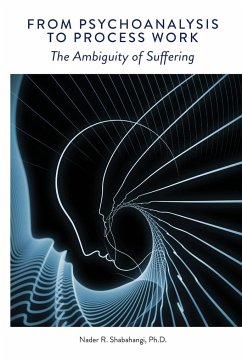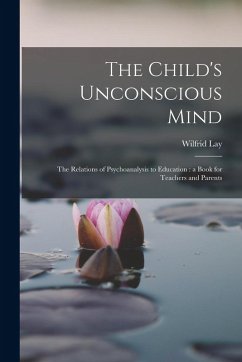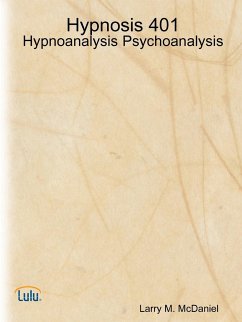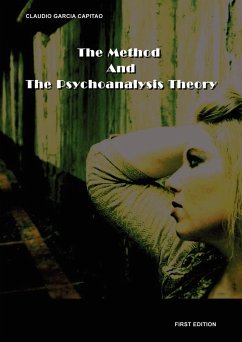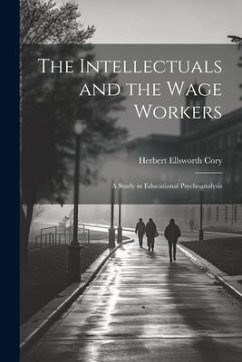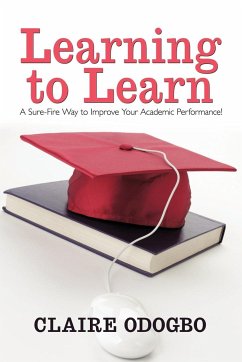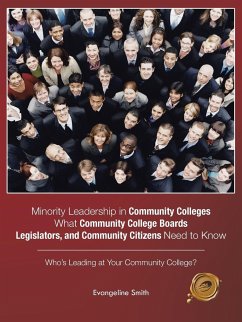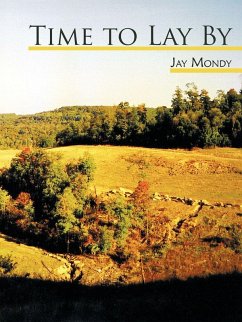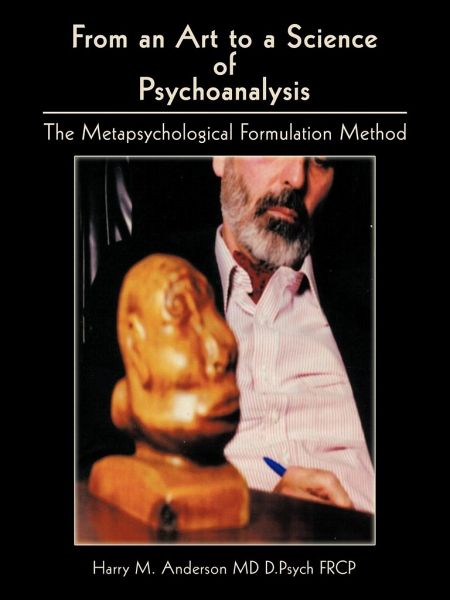
From an Art to a Science of Psychoanalysis
The Metapsychological Formulation Method
Versandkostenfrei!
Versandfertig in 1-2 Wochen
50,99 €
inkl. MwSt.

PAYBACK Punkte
25 °P sammeln!
Think of it. When our car breaks down and we take it for repair, we want a mechanic who has a scientific basic knowledge of its parts and internal operations. We also want one who can find our particular problem. We worry if we see that his(her) own vehicle is in disrepair. And if he misperceives our badly-behaving beast and takes a dislike to it, we worry more. And if the vehicle is our mind, and the service person a mental health specialist, and we come late and surly for our initial appointment, we want him(her) to realize that he has just witnessed the first sign of its malfunction. Of cou...
Think of it. When our car breaks down and we take it for repair, we want a mechanic who has a scientific basic knowledge of its parts and internal operations. We also want one who can find our particular problem. We worry if we see that his(her) own vehicle is in disrepair. And if he misperceives our badly-behaving beast and takes a dislike to it, we worry more. And if the vehicle is our mind, and the service person a mental health specialist, and we come late and surly for our initial appointment, we want him(her) to realize that he has just witnessed the first sign of its malfunction. Of course a friendly relationship would be welcome, but that is not our primary desire. With deep and lovely years to spend and miles to go before we end, it's reliable transportation we're after. So is it impossible to achieve a level of expertise that could help us get it? Yes, there are differences. The human mind was not conceived and built by an engineer who could rhyme off its intricacies at will. But scientific clinical studies of its after-creation states could lead to such. Botanists and zoologists have developed testable theories of phenomena that they did not produce. During his medical training, Dr. Harry M. Anderson was inspired by the apolitical curiosity, courage, and determination of the scientists he encountered, and he carried their example into a career in the psychoanalytic domain. It led him to test the definability of its concepts and the predictive capability of its principles, and methods for doing so during treatments were developed. Some held up to validation procedures while others did not, and a reliable body of theory began to emerge from the work. As it proved repeatedly accurate in sessions with patients, he applied it in a parallel analysis of self after his training analysis. Then, new research data emerged from several sources to expand its range, and as the roots of some of life's most severe symptoms were reached and dismantled, the goal of providing "complete analyses" became more than possible. It also became apparent that unsuspected artistic creative potentials could be released in self and others; and that theoretically-informed analyses could create extensive ripple effects in families, career situations, marriages, and friendships. None of his specific research was planned, but retrospective notations revealed that each had followed naturally upon the one before. Initial offerings had energized the curious part of his mind and pulled the rest of it with them.





